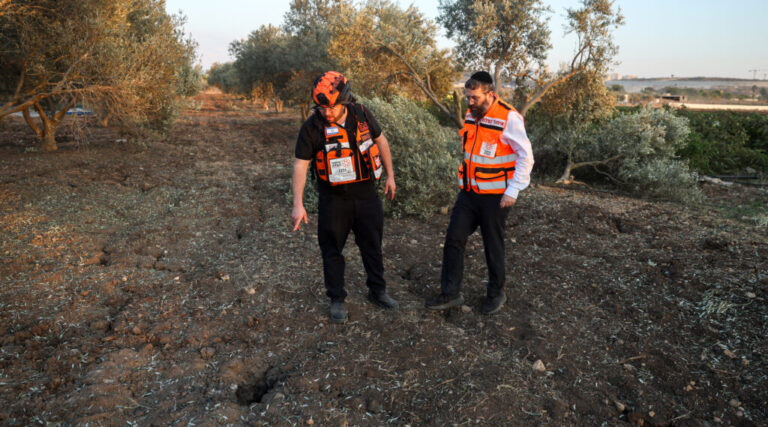Israel’s security cabinet has approved a U.S.-brokered ceasefire proposal with Hezbollah, which would end more than a year of conflict with the terror group on Israel’s border with Lebanon. President Biden announced that Lebanon’s government had accepted the agreement, and the withdrawal of forces would begin within 60 days. The French president, Emmanuel Macron, also played a role in brokering the deal.
Israeli Prime Minister Benjamin Netanyahu indicated that the government’s decision to agree to the ceasefire was influenced by the expectation of a more favorable stance from the incoming Donald Trump administration. Additionally, plans to address the threat posed by Iran played a part in the decision.
The ceasefire agreement aims to reinstate the 2006 ceasefire that ended the Israel-Hezbollah war, requiring Hezbollah to retreat north of the Litani river. The deal would be monitored by the Lebanese army and other international entities. The United States, France, and other countries were involved in negotiating the agreement, which does not encompass the ongoing conflict in Gaza.
Both President Biden and Secretary of State Antony Blinken expressed optimism about the ceasefire deal, emphasizing its potential to save lives and create conditions for the safe return of civilians to their homes in northern Israel and southern Lebanon. The agreement also aims to diminish Hamas’s resolve by showing that it cannot rely on additional fronts opening up in the conflict.
Netanyahu highlighted Israeli achievements in the multi-front war and outlined three reasons for agreeing to the ceasefire. These reasons included focusing on the Iranian threat, replenishing military resources, and isolating Hamas in the absence of Hezbollah’s support. He assured that Israel would retain the ability to reenter Lebanon if Hezbollah violated the terms of the ceasefire.
In conclusion, the ceasefire agreement signifies a new phase in Israel’s conflict with Hezbollah and aims to bring stability to the region. The involvement of international actors and the commitment of both Israel and Lebanon to the agreement provide hope for lasting peace in the area.
Source link

